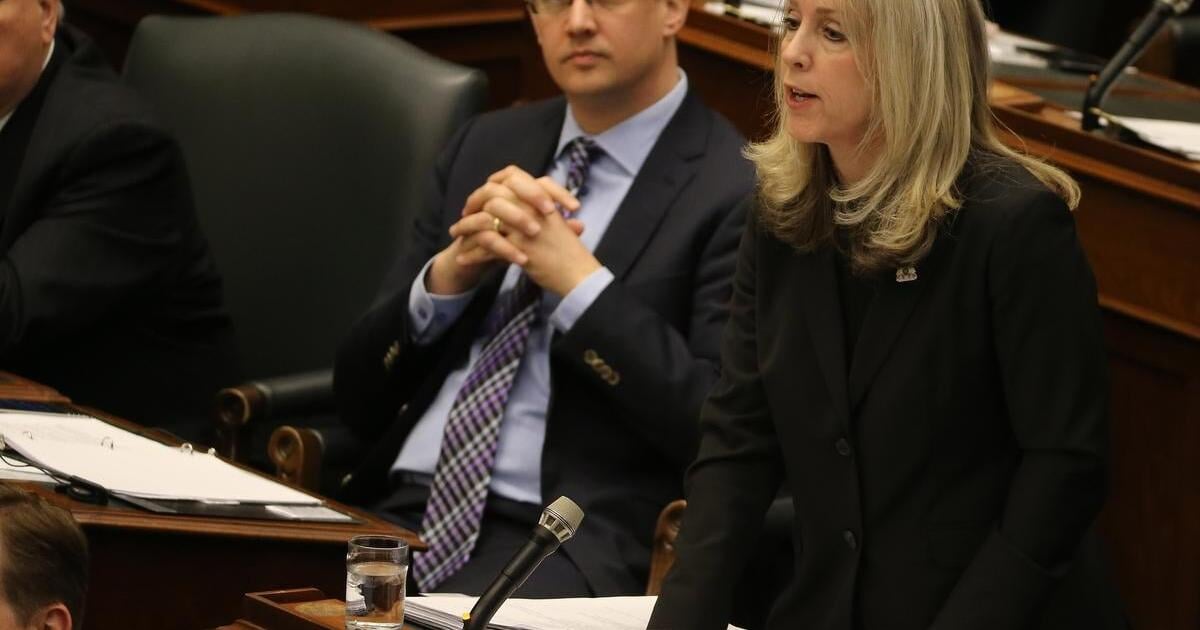“School authorities should immediately begin to provide notice to educational assistants with the expectation that their services continue until no later than the end of April,” the memo from Deputy Minister Andre Corbould said. “School authorities should immediately begin providing notice to non-essential support staff … School authorities should immediately begin to provide notice to board employed bus drivers.”
And in the middle of a global pandemic when it’s vital that no one panic, no less.
This cynical use of the deadly and disruptive COVID-19 pandemic as cover for such a destructive announcement with no consultation reinforces the willingness of he United Conservative Party Government of Premier Jason Kenney to use the “Shock Doctrine” to undermine public services.
Ms. LaGrange’s news release continued: “While funding for teachers and most other aspects of the K-12 system is being maintained, funding for transportation and some services not being utilized in an at-home learning environment, such as substitute teachers and educational assistants, is being temporarily reduced while in-person classes remain cancelled.
“Any savings from these adjustments will be re-allocated to support Alberta’s COVID-19 response,” the release added, although as with precipitous actions of this sort, whether settled upon for political or ideological reasons, or both as is likely in this case, the actual savings will be small. The government
expects that sum to be $128 million, the CBC reported.
As is customary in such documents nowadays, Ms. LaGrange got a single canned quote: “COVID-19 has changed both how we provide student learning, and the operational needs of the education system. I want to stress that this is a temporary arrangement as schools focus on at-home learning. I have full confidence the system will continue to be equipped to successfully deliver our education continuity plan.”
“Any staff impacted by these funding adjustments will qualify for the federal government’s enhanced employment insurance program and other support programs for Canadian workers,” the release also said, signalling the Kenney Government’s intention to download the costs of this policy on the federal government as it responds to the COVID-19 crisis.
Meanwhile, school authorities must still submit their 2020-21 budgets by the usual date of May 31.
The fact there’s been very little chatter about this as a possibility in government circles suggests it was cooked up in a hurry, although that will probably have to remain speculation given the secretive proclivities of the Kenney Government. If the sudden move was decided on short notice, the most likely reason was to get the Shandro brouhaha off the media agenda before Postmedia’s newspapers were shamed into covering it.
Well, this will give Matt Wolf, the premier’s “issues management” guy, something to scream about. Mr. Wolf has been mysteriously silent on the topic of Mr. Shandro’s performative tantrum a week ago in front of the home of his neighbour, a physician who dared to repost an uncomplimentary social media meme about the health minister.

www.thestar.com




